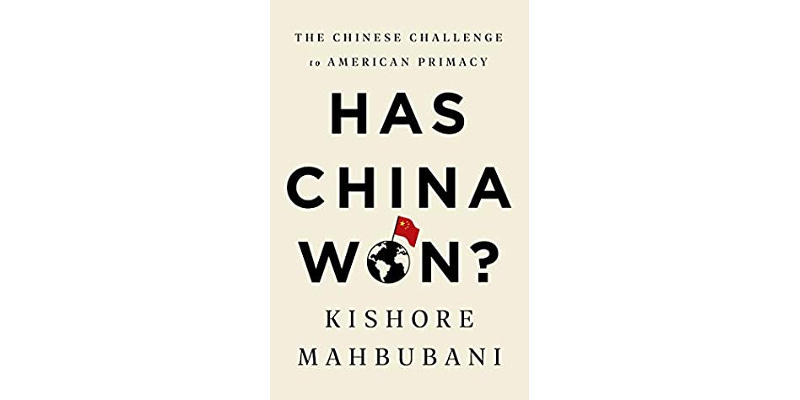BOOK REVIEW: Has China Won? The Chinese Challenge to American Primacy
By Kishore Mabhubani. New York. Public Affairs, Hachette Book Club. Hardcover, 310 pp. US$19.89

Reviewed by: Todd Crowell
Anybody who is at least marginally informed knows that China and the United States are on a collision course. Various points of contention ranging from tensions in the South China Sea and Taiwan, from tariff wars to talk in Washington of “decoupling” the relationship, are multiplying by the day.
The book’s title Has China Won? ho…
Keep reading with a 7-day free trial
Subscribe to Asia Sentinel to keep reading this post and get 7 days of free access to the full post archives.
